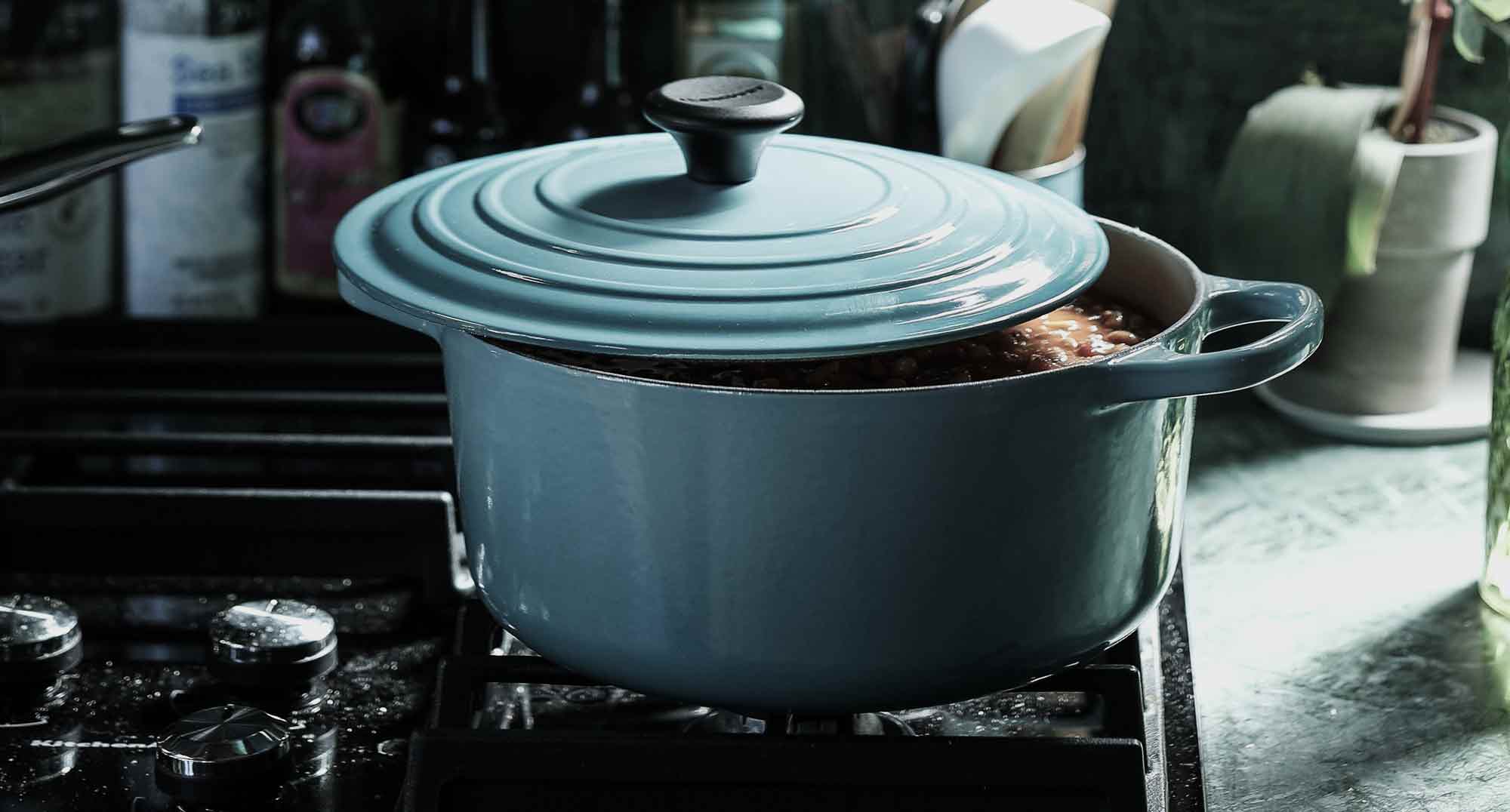SUE HARRIS|CONTRIBUTOR
There are days when I head home from work and make a quick stop at the grocery store. On many of those days, I don’t have a plan for dinner, so whatever I purchase becomes that plan. But a problem arises when I enter the grocery store hungry. I lose all sensibility. What makes this moment more torturous is when I smell fresh fried chicken. I walk, mesmerized, into that area of the Publix. Any semblance of potential plans I had for dinner are mysteriously removed from my mind. I must get that chicken. I can think of nothing else. My grocery list is trimmed, and I hustle out of the grocery store on a mission. My mission? Eat that chicken. Some days I can barely make it the five-minute drive home before tearing into that box of fried chicken.
You’ve heard the wisdom here: Never make a major decision when you are Hungry, Angry, Tired, or Lonely (H.A.L.T.). When our faculties are exhausted, it’s hard to think straight and it’s difficult to do almost anything correctly. There are some rare moments when I can walk past that fried chicken counter, but it’s typically when I’m not starving.
A Hunger and a Demand
My story of hunger reminds me of Esau. You might remember he sells his birthright to Jacob for a serving of red stew. Both Jacob and Esau have their significant issues, but Esau’s desire for immediate pleasure is brought to mind throughout Scripture and in this narrative. Don’t get me wrong, the Lord is sovereign in this story and his word communicates so much more regarding redemptive history, but there is a simple lesson to learn as well.
Recall the story with me: Esau comes in from his hunt starving and exhausted as Jacob is cooking stew. With dramatic flair, he demands food from his younger twin. I know exactly how he feels. Hear: Publix fried chicken. When I’m hungry, it’s like there is nothing else transpiring on the planet. I need to eat right now. Nothing else matters.
Esau was hungry and tired. Jacob offered food in exchange for Esau’s birthright, a ludicrous trade. Jacob knew the iron was hot. He said, “Sell me your birthright now” (Gen. 25:31).
As we read the story, it seems ridiculous to trade so much money and honor for food, but not to Esau. He’s exhausted and claims that if he doesn’t eat, he’s going to die (Gen. 25:29-32). What good is an inheritance for a dead person? Slightly dramatic, in my opinion. So, Esau gives away his birthright (basically a double portion of inheritance and the place of leadership for the future his family) for a serving of red stew and from that moment, everything changes.
But is this simply a matter of wisdom? Are we to assume that if Esau had been eating smart snacks while hunting, the result would have been different? Or maybe if Jacob had kindly given his hungry brother some food, rather than taking advantage of him and his desperate situation, then this story would have turned out differently. Is that all? If Esau had simply “halted,” would everything have turned out alright?
Again, as students of the Bible, we know that there is so much more to learn here, but let’s not miss the simple lesson of this narrative as well: Esau had no self-control.
What’s Your Red Stew?
Scripture equates Esau’s bad trade with despising his birthright (Gen. 25:24). So, it seems that this is more than just a hungry guy making a bad choice and it’s more than just a younger brother taking advantage of the situation. In Philippians, Paul hammers his readers because their god is their belly (like exhausted Esau). They are called enemies of the cross as their minds are set on earthly things (Phil. 3:18-19). Esau is characterized as someone who routinely sought immediate pleasures above and beyond his roles and responsibilities. His own desires are his god.
In a culture of self-expression and a “you-do-you” mentality, I think self-control is an underrated discipline. Paul instructs us to keep our bodies under control, disciplining ourselves so as not to be disqualified for the prize (1 Cor. 9:27). “A man without self-control is like a city broken into and left without walls” (Prov. 25:28).
Esau’s hunger wasn’t the sin. We’re all hungry. His sin was dramatically elevating his felt needs over his responsibilities and despising his birthright. His god became his belly. He worshipped his own needs.
What does that look like for us today? For me it’s the thing that blinds me to everything else. It’s the relationship, status, desire, situation, or achievement that I’ve elevated over everything else. Whatever overtakes our minds, the thing we can’t live without, the thing that supplants all other roles and responsibilities…that’s our red stew. Whatever drives our happiness, sadness, or even our satisfaction is a rival to our affections for the Lord. That’s when we begin to look just like Esau. Our god might not be our belly, but it is certainly something else that turns our gaze from our Savior.
Our citizenship is in heaven, yet we chase after fleeting pleasures here on earth. We often expect a single meal (here and now) to provide the pleasure and satisfaction that only the Lord can give. It is no sin for me to eat Publix fried chicken in my car on the way home from church. But the idea that I can’t live without that chicken (or anything) right now feeds the narrative that the Lord isn’t enough.
“Set your minds on things that are above, not on things that are on earth” (Col. 3:2).
Photo by Edgar Castrejon on Unsplash

Sue Harris
Sue Harris serves the congregation at Oak Mountain Presbyterian Church (Birmingham) as the Women’s Ministry Director. She has a passion for spiritual formation as she earned her Master of Arts degree in Biblical Studies at Reformed Theological Seminary in Atlanta in 2014. She served Mission to the World for nine years challenging PCA congregations in missions as well as serving missionaries on the field through encouragement, teaching and short-term teams. Previously, she spent 12 years as a college women’s basketball coach, earning her MBA at Texas Woman’s University.

